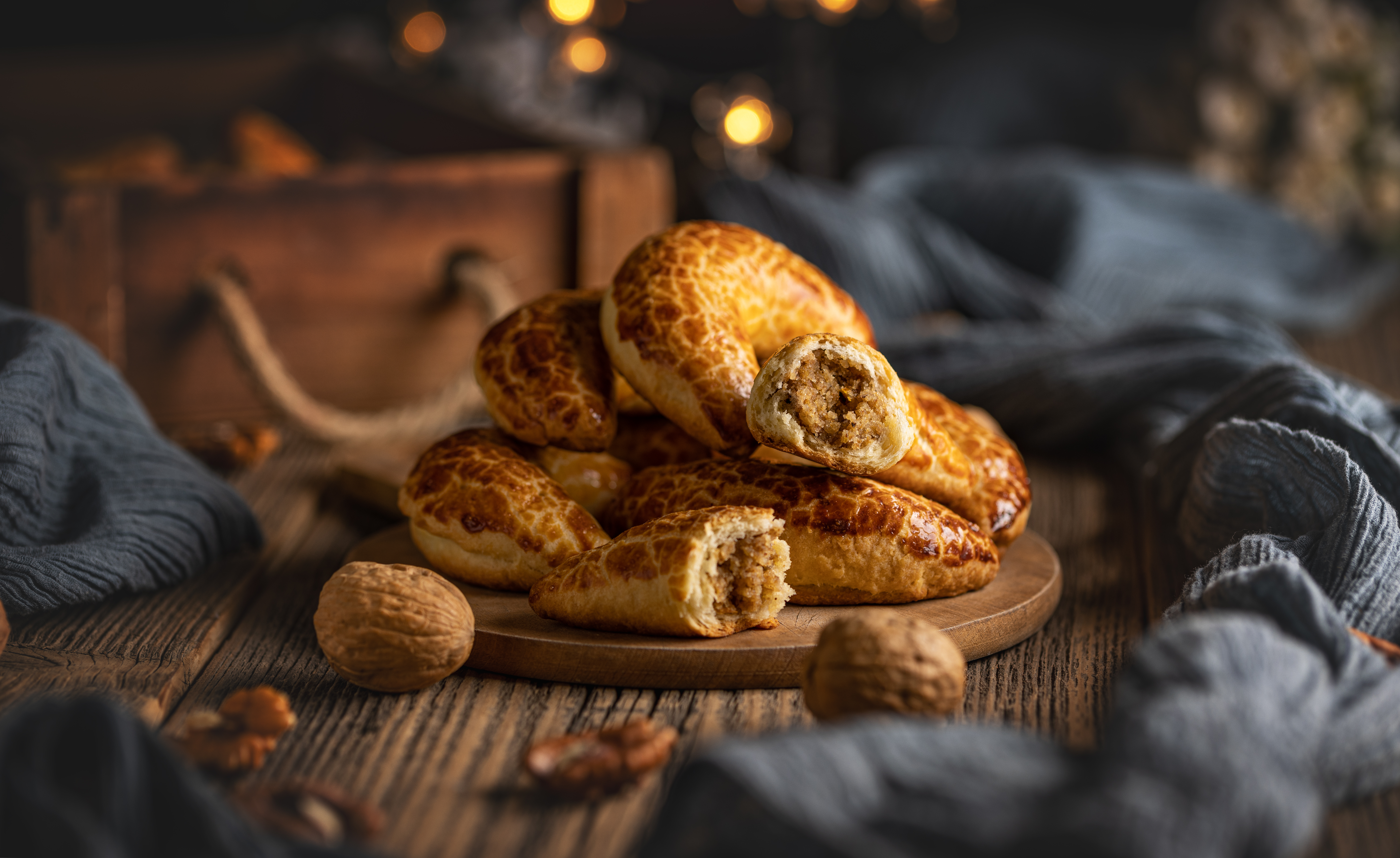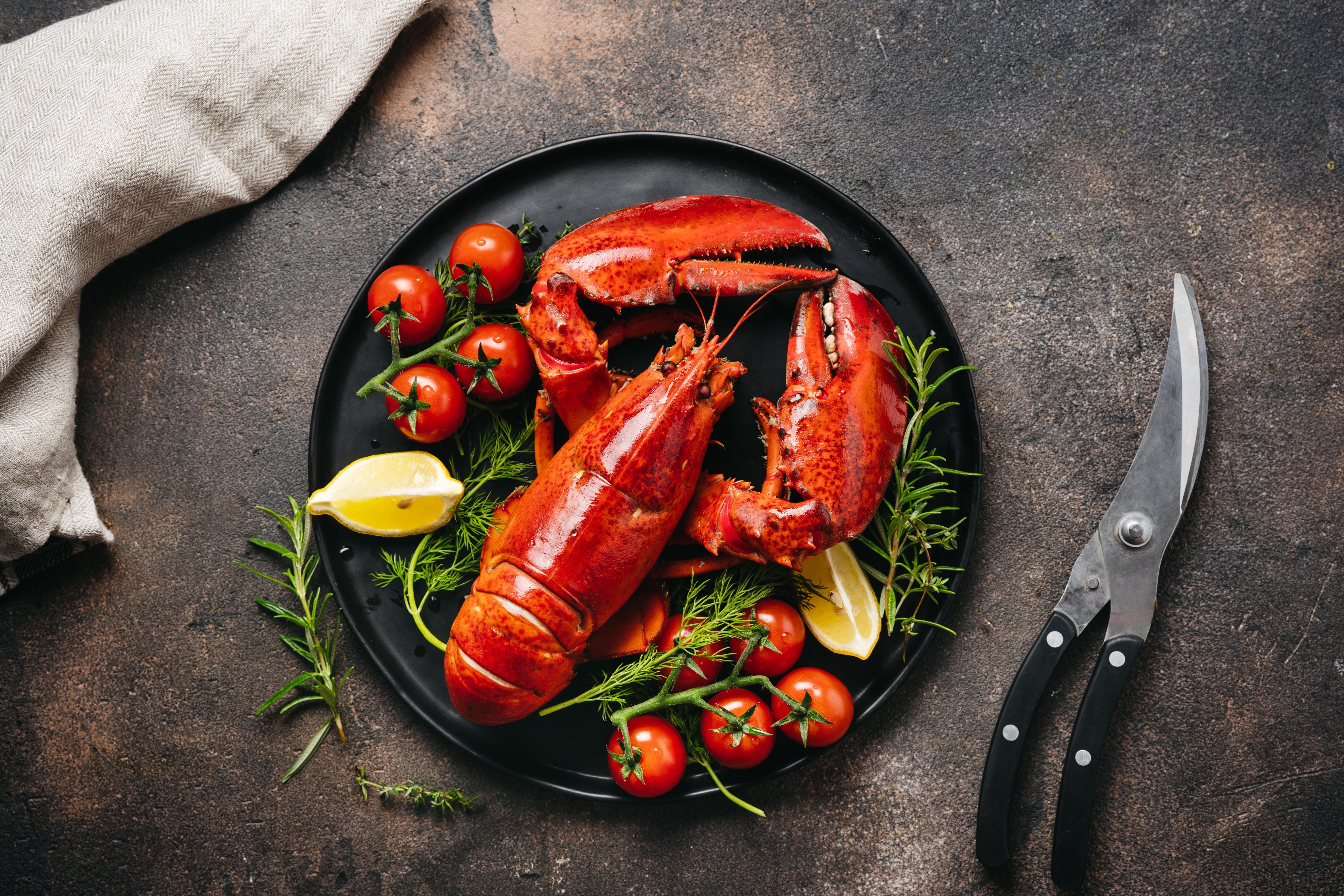'Healthy' Foods That Might Actually Worsen Your Cholesterol
Marketing loves to play dress-up, slapping buzzwords like whole grain, natural, or heart-healthy on foods that are loaded with refined carbs, hidden sugars, or sneaky saturated fats. That’s why we’ve expanded our list of so-called “healthy” foods that might actually worsen your cholesterol. This guide cuts through the noise and gets real about what’s on your plate. It’s not about giving up on wellness—it’s about being smarter about the choices you’re making. Because when it comes to your heart, appearances can be misleading—and knowledge is your most powerful ingredient. Let’s break the myths and reclaim control, one bite at a time.
1. The Deceptive Allure of Baked Goods

Baked goods, from muffins to pastries, often find themselves at the heart of breakfast tables and snack times. While their warm, comforting nature makes them a popular choice, they can be a hidden source of cholesterol-raising ingredients. Many baked goods are laden with butter, margarine, or hydrogenated oils, all of which are high in saturated fats. These fats contribute to the increase of LDL cholesterol, making even a seemingly innocent muffin a potential threat to heart health. Furthermore, baked goods often contain trans fats, which are even more detrimental as they not only raise LDL but also lower HDL cholesterol. The problem with baked goods extends beyond their fat content. Many of these items are also high in sugar and refined carbohydrates, which can lead to weight gain and subsequently increase cholesterol levels. The glycemic spike caused by these foods can lead to insulin resistance, a condition closely linked to increased cholesterol levels. To mitigate these effects, it is advisable to opt for baked goods made with healthier oils, such as olive or canola oil, and whole grains that provide fiber and nutrients without the cholesterol-raising drawbacks. By making these small adjustments, you can enjoy your favorite treats without compromising your heart health.
2. The Surprising Impact of Shellfish

Shellfish, including shrimp, lobster, and crab, are often celebrated for their rich flavors and high protein content. However, these delectable seafood options can also be a source of dietary cholesterol. Unlike other types of seafood that are rich in omega-3 fatty acids, shellfish tend to have higher cholesterol levels, which can contribute to an increase in LDL cholesterol if consumed in large quantities. This is particularly concerning for individuals who already have high cholesterol or are at risk of cardiovascular diseases. The preparation method of shellfish can further exacerbate their cholesterol impact. Fried or butter-drenched shellfish dishes not only increase the intake of dietary cholesterol but also add unhealthy fats to the mix. To enjoy shellfish without significantly impacting your cholesterol, consider opting for grilled or steamed preparations, which preserve the flavor while minimizing added fats. Additionally, pairing shellfish with a variety of vegetables can enhance the nutritional value of your meal, providing fiber and antioxidants that support heart health.
